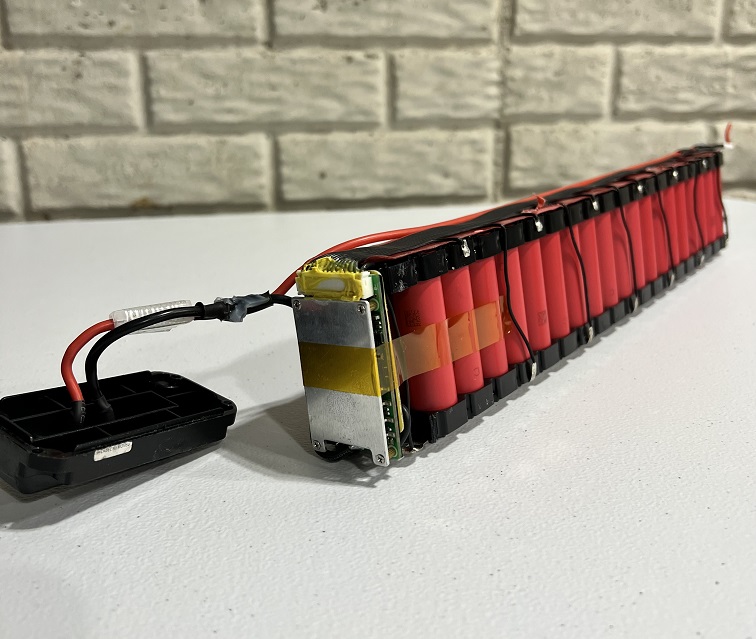A Battery Management System (BMS) is highly recommended and often considered essential for lithium-ion batteries. The primary purpose of a BMS is to monitor and manage the individual cells within a battery pack to ensure safe and optimal performance.
- Cell Balancing: Lithium-ion cells may have slight variations in their capacity and performance. A BMS helps balance the charge among individual cells, preventing overcharging of some cells and undercharging of others. This balancing is crucial for maximizing the overall capacity and lifespan of the battery pack.
- Overcharge Protection: Lithium-ion batteries can be sensitive to overcharging, which can lead to overheating, cell damage, and even safety hazards such as fires or explosions. A BMS helps prevent overcharging by monitoring voltage levels and controlling the charging process.
- Overdischarge Protection: Discharging a lithium-ion battery below a certain voltage can also be detrimental to its health. A BMS helps prevent overdischarge by cutting off the power when the voltage drops to a critical level.
- Temperature Management: Lithium-ion batteries are sensitive to temperature extremes. A BMS monitors the temperature of the cells and can take corrective actions, such as reducing the charging rate or disconnecting the battery, to prevent overheating.
- Short Circuit Protection: In the event of a short circuit or other electrical faults, a BMS can quickly disconnect the battery to prevent damage.
- State of Charge (SOC) and State of Health (SOH) Monitoring: A BMS provides information about the current state of charge and the overall health of the battery pack, helping users and systems make informed decisions about the battery’s usage and replacement.
- Communication and Data Logging: Many BMS systems include communication interfaces that allow users to monitor and control the battery remotely. Additionally, they may log performance data, which can be valuable for diagnostics and optimization.
While a BMS is highly recommended, the specific requirements may vary depending on the application, the type of lithium battery used, and the desired level of performance and safety.


